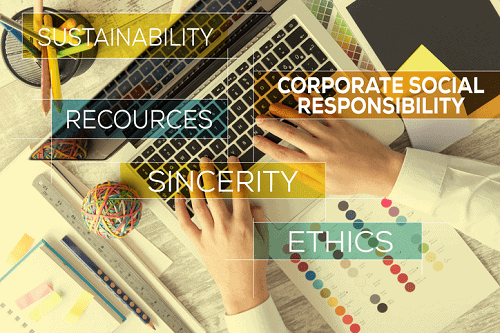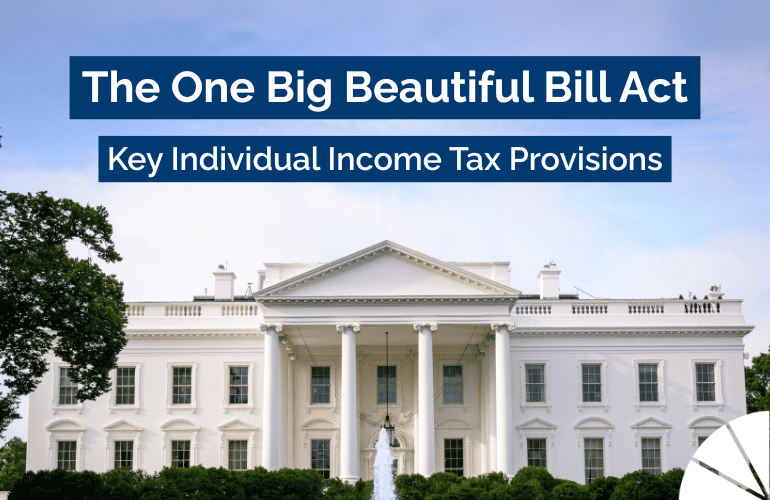
The risk factors your company’s balance sheet are missing
The current GAAP system used by the U.S. doesn’t have a good way to measure the more intangible factors that affect a company’s performance, and doesn’t give much insight into what the future of a company might hold. There is no line on the balance sheet that can encompass what increased costs a company might face in the future as we face rising competition for scarce resources or changes in policy which will affect their operations. Instead, these kinds of risks are often integrated into boilerplate, vague disclosures that hint at future risks, but do not provide any specifics of how the Company is prepared to address these issues.
A growing movement toward sustainable behavior by companies
There is a growing movement to hold companies accountable to more than just their shareholders. Most major investment banks have departments dedicated to socially responsible investing, and have begun asking for better information on environmental, social, and governance (or “ESG”) factors from the companies they invest in. Movements to divest from companies and calls to advertisers to drop websites and television shows that don’t align with the values of their customers and the communities they impact are gaining in popularity. The prevalence of social media means these campaigns can spread in just days and have significant impacts on your customers’ and shareholders’ decisions. The Millennial generation and generation Z will be making up most of the economy and controlling most of the capital in the not too distant future. These generations are more concerned than ever on ESG issues, and more connected than ever before, meaning they are used to constantly absorbing information and looking to distill the important points quickly and efficiently.
The accounting profession makes it mark on sustainability with the creation of the SASB
The Sustainable Accounting Standards Board, or SASB, is an independent, private-sector standards setting organization based in San Francisco, California dedicated to enhancing the efficiency of the capital markets by fostering high-quality disclosure of material sustainability information that meets investor needs. The SASB’s transparent, inclusive, and rigorous standards-setting process is materiality focused, evidence-based, and market informed. Companies who wish to share information about their ESG risks and policies often put out a separate “sustainability” report with handpicked information. It is often difficult for shareholders to distill what information is important and meaningful to the company, and to compare this information to their competitors. The SASB is in the process of developing standards to provide clarity within financial reporting by asking industry leaders what information is relevant to them, and how best to present this information to make it comparable and meaningful. Currently, the SASB is in the final phase of codifying the first round of standards and reviewing all of the feedback from the recent public comment period. As companies begin to integrate these standards into their financial disclosures, it will likely mean investment in policies, procedures, and technology to measure and report on these metrics. It may also mean a shift in priorities for FP&A departments and internal audit departments. Finally, it will require an understanding of these metrics and how they impact the risk assessment of their clients by external auditors, who will play an integral role in ensuring this information is reasonable and accurate.
The SASB develops the FSA credential to differentiate professionals in the sustainability field
The SASB developed the FSA Credential to enable professionals to differentiate ourselves as professionals who understand the financial impact of sustainability management and disclosure. The credential means that FSAs have learned a common language for working with legal, finance, accounting, and sustainability professionals and can use this common language to recognize, measure, and report the sustainability issues that drive a company’s performance and value.
If you are interested in learning more about what kind of environmental, social, and governance risks will be material to your business and how you can prepare for more robust and meaningful financial reporting using SASB standards, contact Alicia Raspa, CPA, FSA.
About the author, Alicia Raspa, CPA, FSA:
Alicia is a CPA with more than 10 years of experience analyzing and reporting financial data and helping clients understand the impact of accounting rules on their day to day operations. As an FSA credentialed practitioner, she is qualified to evaluate corporate performance on sustainability factors, focusing on answering the question of “how do we integrate economic activities with the overall environment?”. She is enthusiastic about helping companies and industries which are committed to looking ahead and is excited to see the integration of ESG metrics into accounting rules.





